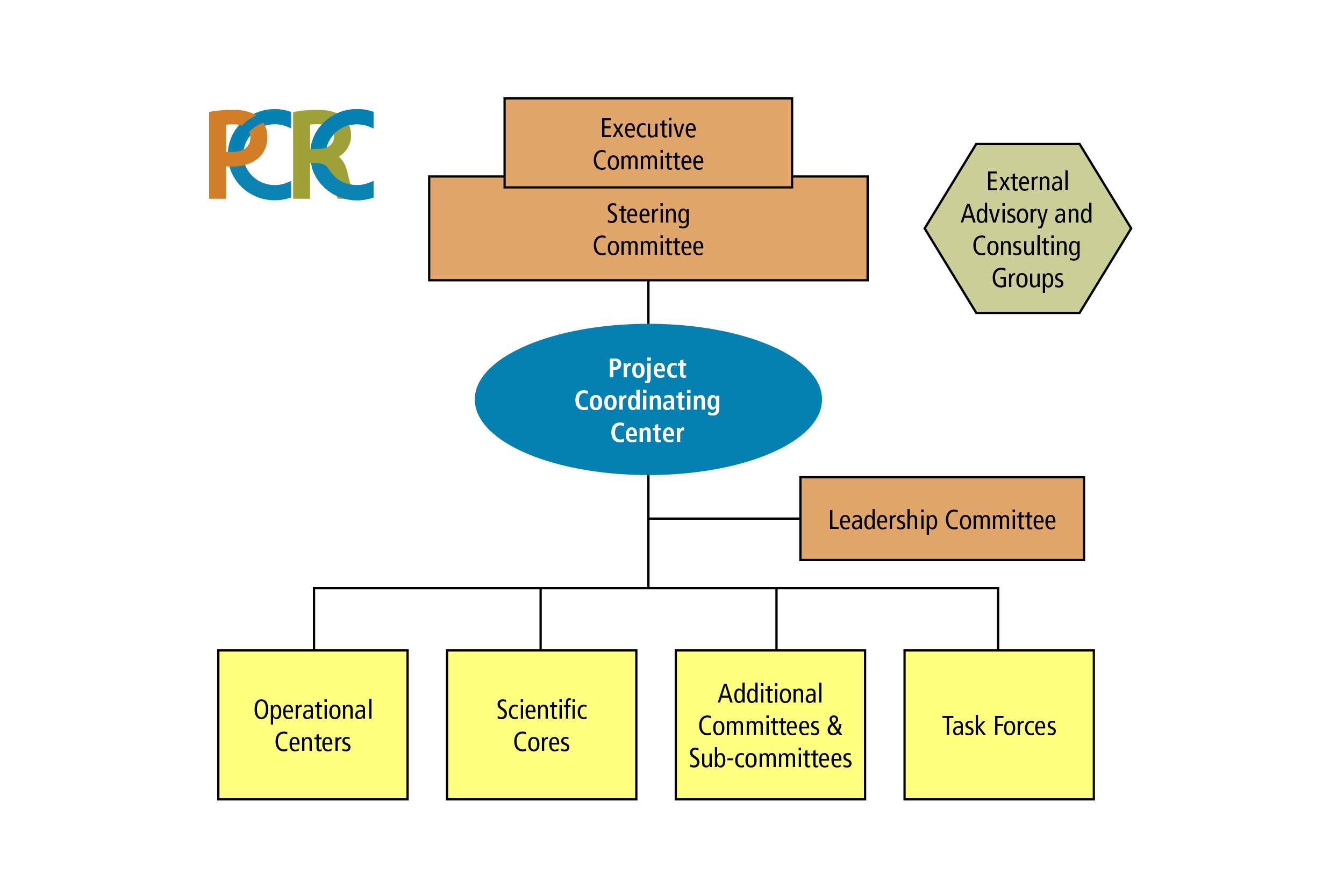What was the PCRC?
The PCRC was the first research cooperative in the United States focused specifically on advancing the science of palliative and end‐of‐life research through rigorous, multi‐site, evidence‐based research.
What is a research cooperative?
A cooperative group is a compelling approach to research. It offers a means to complete, in a timely way, complex studies that otherwise would not or could not be undertaken. It encourages the use of standardized outcome measures, enhances recruitment, and maximizes the generalizability of study results. By pooling resources and expertise across sites, it exploits economies of scale and leverages sites’ varied research capacities.
This is especially relevant in palliative care where the majority of care is provided in community-based venues without the substantial research infrastructure or research expertise present in academic medical centers.
How long was the PCRC in existence?
The PCRC was established in 2010 with foundational funding by a cooperative agreement from the National Institute of Nursing Research (NINR) in 2011 (NINR UC4NR012584). Continuation funding was awarded by the NINR in 2013 and 2018, respectively (NINR U24NR014637 and U2CNR014637). Funded ended for the PCRC in June 2023.
Who led the PCRC?
The Executive Committee coordinated the conduct of the PCRC in close collaboration with and approval by the Steering Committee.
What was the PCRC's organizational structure?
What types of research projects did the PCRC include in their portfolio?
The PCRC was a multi-disciplinary group that included nurses, physicians, social workers, statisticians, health economists, health policy scientists, and other health professionals. Our diversity enabled us to consider all types of research such as randomized controlled trials, industry trials, qualitative research, and retrospective and prospective chart reviews.

